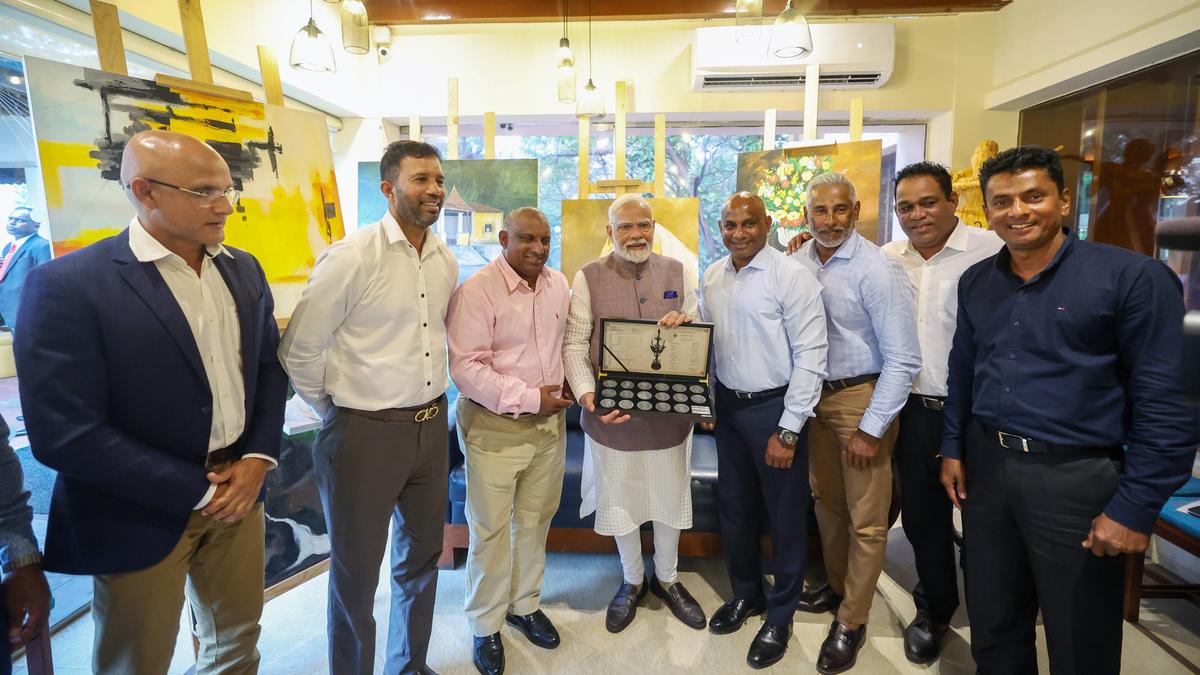The United Nations Security Council (UNSC) in its current form is “paralysed and dysfunctional” and its handling of the Ukraine war has highlighted the need for reforming the highest decision-making panel of the world body, UN General Assembly President Csaba Korosi said on Monday.
Korosi, a career diplomat from Hungary who is visiting India for wide-ranging discussions on regional and international issues and reforms of the UN process, also highlighted how divisions within the 193-member General Assembly were holding up the reform of the Security Council.
“The Security Council in its present form is paralysed and dysfunctional. [The Ukraine war] is one of the issues that make it quite obvious why the Security Council must be reformed,” he said at a news conference, noting that the council was created in 1945 for the express purpose of ensuring conflicts are resolved through peaceful means.
Also Read: ‘G20 – platform to exchange ideas, solutions’: UNGA president meets Amitabh Kant
“Now, one permanent member of the Security Council has committed aggression against its neighbour and annexed part of its neighbour’s territory and the Security Council is not in a position to take any decision since the start of the war because of the veto power in the hands of permanent members of the Security Council,” he said.
India has been demanding the reform of multilateral bodies, including the UN and World Bank, and seeking a permanent seat in the Security Council.
Talking about the urgent need for changes, Korosi said: “The bad news is that the reform negotiations have been going on for almost 17 years. The good news is that last September, 73 heads of state and government demanded in their speeches that the Security Council reforms should be given special importance…There is a push, a need and a demand from the membership.”
The reform of the 15-member Security Council requires a resolution to be passed by the General Assembly but even this has not happened, Korosi said.
He added that the General Assembly is “very much divided” and the 193 countries can “never agree” on a package of compromises. The first hurdle that has to be crossed is the divisions among the 193 countries, which are part of five negotiating groups that are “mutually neutralising each other,” he said.
The accountability of the P5 or five permanent members of the Security Council – China, France, Russia, the UK and the US – and their use of the veto power was questioned by the member states, Korosi said. A recent change that requires an issue vetoed in the Security Council to be automatically taken up for debate in the General Assembly has resulted in the veto power being used “much more cautiously”, he added.
India, Korosi said, has done a lot for Security Council reforms and was very active in all Ukraine-related issues in the council and the General Assembly. The UN’s activities are currently focused on humanitarian issues and food security in Ukraine, especially since the stoppage of supplies of grains and fertilisers from Ukraine and Russia had caused immense suffering around the globe.
Also Read: Pak PM Sharif’s diktat to his party workers after blast rocks Peshawar, says…
Korosi, who met Prime Minister Narendra Modi, external affairs minister S Jaishankar, and petroleum minister Hardeep Puri, said the purpose of his visit was to seek allies for the process of transformation and big changes at the UN. “India has a vision of how this world should look like and how India’s role should look like in this changing world,” he said.
Earlier, in an address at the Indian Council of World Affairs (ICWA), Korosi said the “dysfunctional” system of the Security Council was reflected in the “absurd” situation arising from a permanent member attacking Ukraine and the body’s failure to address the issue. He also backed urgent reforms of the council to reflect the changing balance of global power and the economic heft of various countries.
He criticised the procedure adopted for reforms. “Does it have a timeframe? No, I think it does not. Does it have a negotiated text? No, it does not…Have you ever seen a negotiation process which has no text to negotiate?” he said.
Korosi lauded India’s call for peace in Ukraine and for sending medical aid and Covid-19 vaccines to many countries. He also complimented India for safely evacuating its citizens from Ukraine following the Russian invasion in February 2022.









![Best Weight Loss Supplements [2022-23] New Reports!](https://technologytangle.com/wp-content/uploads/2022/12/p1-1170962-1670840878.png)




